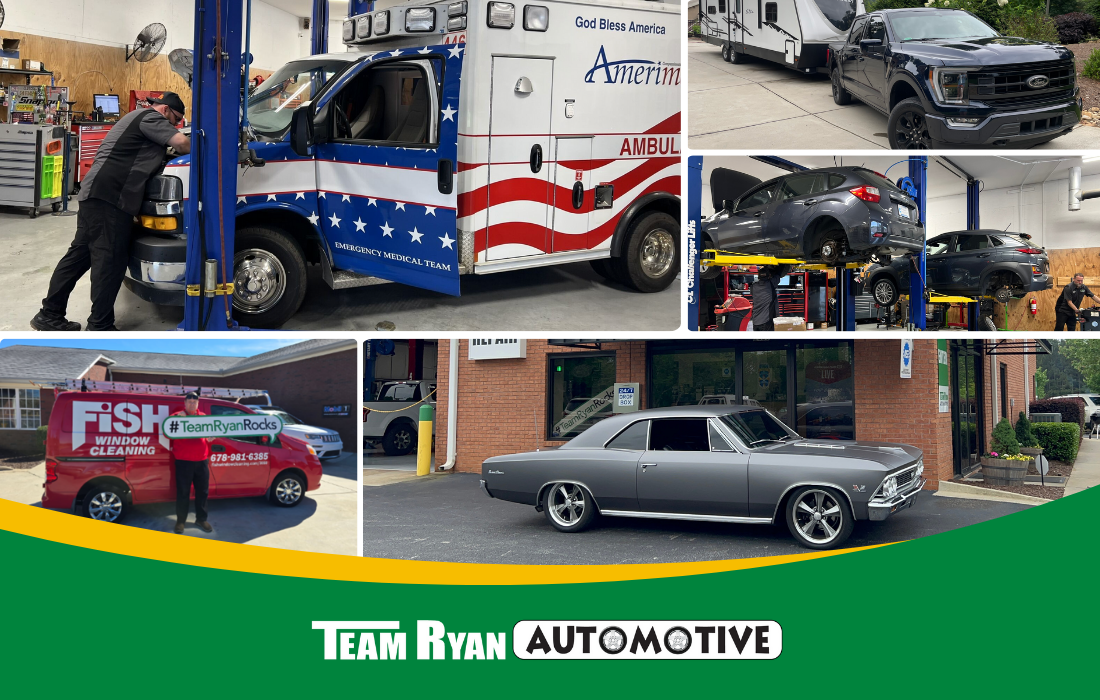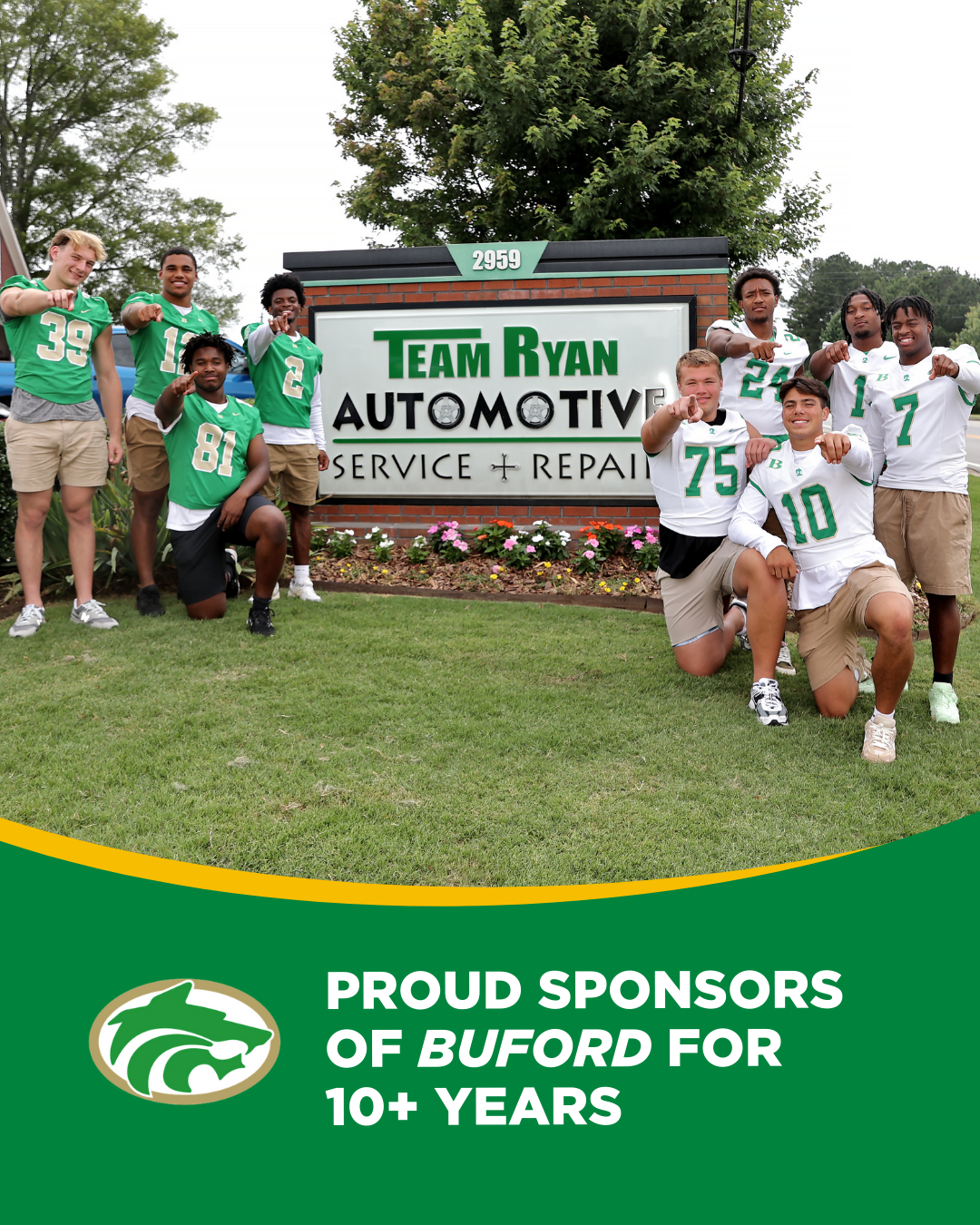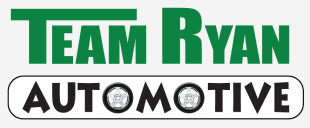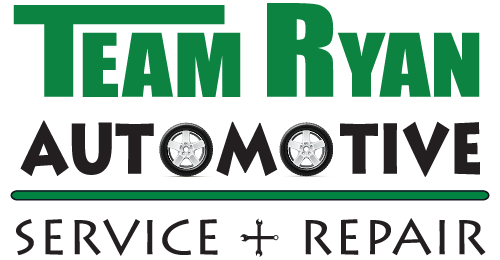How to Help Prevent 4 Common Cold Weather Battery Issues: Essential Tips for Reliable Performance
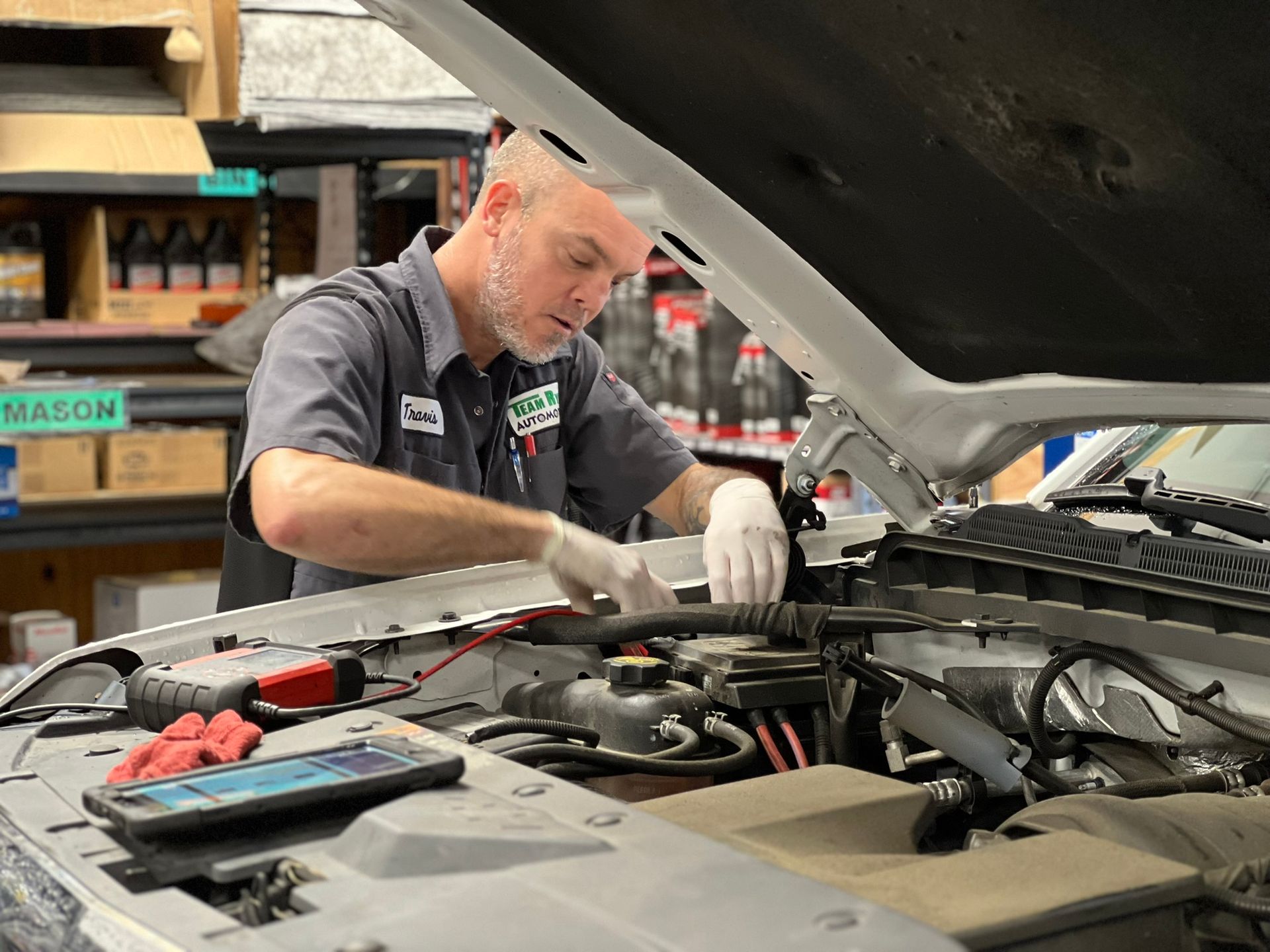
How to Help Prevent 4 Common Cold Weather Battery Issues: Essential Tips for Reliable Performance
Cold weather can put your vehicle’s battery to the ultimate test. As temperatures drop, your battery’s performance can be significantly impacted, leaving you stranded when you least expect it. Knowing how to prevent common cold weather battery issues is crucial to keeping your car starting and running smoothly all winter long.
Why Does Cold Weather Affect Your Battery?
Cold weather slows the chemical reactions inside your car’s battery, reducing its ability to generate power. Add thicker engine oil to the mix, and your battery works even harder to get your vehicle started on those frigid mornings.
The good news? A little proactive care can make a big difference. Regularly checking your battery’s health, ensuring clean and secure connections, and keeping it fully charged are key steps to preventing winter breakdowns.
At Team Ryan Automotive, we care about your safety and convenience. Here are essential tips to ensure your battery delivers reliable performance during the cold months.
Key Tips for Maintaining Battery Health This Winter
1. Inspect and Test Your Battery Regularly
Perform monthly visual checks to spot signs of corrosion, wear, or loose connections. Corroded terminals and damaged cables can severely impact performance, especially in colder temperatures.
- Voltage Testing: Use a multimeter to check your battery’s charge. A healthy battery should read 12.6 volts when fully charged.
- Pro Tip: Test your battery under load (while operating) to identify weak cells before they fail. If your battery is several years old, consider replacing it proactively to avoid unexpected breakdowns.
2. Follow Smart Charging Practices
Cold weather drains batteries faster, so keeping them charged is essential.
- Invest in a smart charger that prevents overcharging and ensures your battery remains in peak condition.
- Never attempt to charge a frozen battery—it can lead to ruptures or even explosions. Warm the battery safely to room temperature before charging.
3. Protect Your Battery with Insulation
Insulation is your battery’s best friend in winter.
- Battery Blankets: Electrically powered wraps keep your battery warm and operational, even in sub-zero temperatures.
- Insulation Sleeves: Foam or rubber sleeves add a layer of protection against extreme cold and physical damage.
Proper insulation reduces the risk of freezing, keeping your battery ready for action no matter the weather.
Simple Preventive Measures to Boost Battery Performance
Strategic Parking Tips
Where and how you park your vehicle can make a surprising difference during cold weather.
- Garage It: Always aim to park in a garage or covered area to shield your vehicle from harsh elements.
- Facing East: If outdoor parking is unavoidable, park your car facing the east to let the morning sun naturally warm up the engine.
- Use a Car Cover: A car cover limits exposure to snow and ice, maintaining a stable temperature for your battery and engine.
Troubleshooting Common Battery Issues
Jump-Starting 101
If your battery dies, jump-starting it can get you back on the road quickly:
- Park a working vehicle close to the dead one (without the cars touching).
- Connect jumper cables: Positive to positive (+) and negative (-) to a metal surface on the engine block of the dead car.
- Start the working vehicle, let it run for a few minutes, then start the dead vehicle.
Pro Tip: Always disconnect the cables in reverse order and avoid contact with moving parts. Regular maintenance can help prevent these situations altogether.
When to Seek Professional Help
If your battery consistently underperforms or won’t hold a charge, it’s time to visit Team Ryan Automotive. Warning signs like flickering lights or clicking sounds during ignition may indicate deeper electrical or charging system issues, such as a failing alternator.
Our experts perform comprehensive diagnostic and testing procedures to find and resolve issues, ensuring your vehicle stays reliable.
Stay Ahead with Team Ryan Automotive
Don’t let cold weather catch you off guard. At Team Ryan Automotive, we offer professional battery inspections, testing, and replacement services to keep your vehicle winter-ready. From identifying early warning signs to delivering expert solutions, we’re here to help.
Schedule your winter vehicle checkup today and drive with confidence this season!

